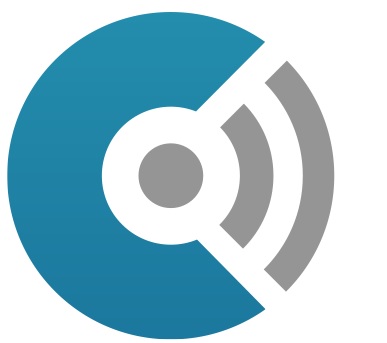What is a Speech-Language Pathologist?
What do speech-language pathologists do?
Speech-language pathologists are specialists trained at the graduate level to provide assessment and intervention services to people of all ages who present with communication and/or swallowing disorders. In addition to the title “Speech-Language Pathologist,” “Speech and Language Therapist,” “Speech Therapist” or “Orthophoniste” (French) may be used.
Speech-language pathologists work to maximize the communication or feeding/swallowing potential of the people under their care and may refer them to other professionals or agencies as needed. Their work typically involves families and significant others such as teachers, as well as direct contact with clients who present with communication or feeding/swallowing difficulties.
In addition to providing clinical services, a speech-language pathologist’s work could include: teaching speech-language pathology trainees, collaborating with other professionals and agencies, conducting research, building awareness in the community of the impact of communication disorders and feeding/swallowing disorders, and advocating for expanded services and programs.
With whom do Speech-language pathologists work?
Babies – who have:
- feeding and swallowing difficulties
- cleft lip and palate
- neuro-muscular difficulties such as Cerebral Palsy
- genetic syndromes such as Down Syndrome
- congenital hearing loss
Children – who have:
- physical disabilities
- delayed onset or development of language / communication
- specific language impairment
- difficulties in producing sounds
- motor speech disorders
- hearing impairment / cochlear implant
- cleft palate
- stuttering / dysfluency
- autism spectrum disorders /social interaction difficulties
- dyslexia / mild, moderate or severe learning difficulties
- voice problems
Adults – who have:
- neurological impairments and degenerative conditions including: head injury, Parkinson’s, MS, motor neuron disease, dementia
- cancer of the head, neck and throat including laryngectomy
- post stroke, swallowing and communication difficulties
- voice problems
- learning difficulties
- physical disability
- stuttering
- hearing impairment
Where do speech-language pathologists work?
Speech-language pathologists in Nova Scotia work in a wide variety of settings and with people of all ages. Services are offered in both public and private settings.
Public or Government-Funded
Pre-school age children and adults: Hearing and Speech Nova Scotia offers public speech and language services for preschool children and adults. They provide assessment and treatment to children from birth to school age and to adults with communication, voice and swallowing deficits. A referral from your doctor is not required for most services which are provided at no cost to Nova Scotia residents with valid health cards. There will be a cost for those without a Nova Scotia Health card. Services are provided in more than 30 hospitals and clinics across the province. For more information about how to access services in your area, click here.
School-age children: School-aged children and teen-agers receive services at their school through the Department of Education. In Nova Scotia, speech-language pathologists employed by the centres for education usually work in a circuit or family of schools. Speech and language services for school-age children are offered by the centres for education in each area. To access school-based services, you will need a referral from your child's teacher or the school principal.
Private
With respect to services in the private domain, speech-language pathologists offer treatment in clinics, daycares, long term care facilities and in some cases provide services to clients in their homes. Speech-language pathologists also work in community settings such as Community Services centres, day cares and community colleges.
Speech-language pathologists who work in private practice are self-employed. Private practice speech-language pathologists may contract their services to different agencies, work in a clinic or home setting, or do home visits. They typically do not have wait lists.
These services are often covered by private insurance which may or may not require a physician's referral. Some private practitioners do direct billing to your insurer while others require payment upfront for which you can later claim reimbursement from your insurer.
If you do not have insurance coverage for private SLP services, you can pay for these services out of pocket.
To find contact information for speech-language pathologists who work in private practice settings in Nova Scotia please click here to search the roster of licensed speech-language pathologists on this website.
Complaints
Complaints? To find out how to resolve a concern or to initiate a complaint against a registrant, please click here.
